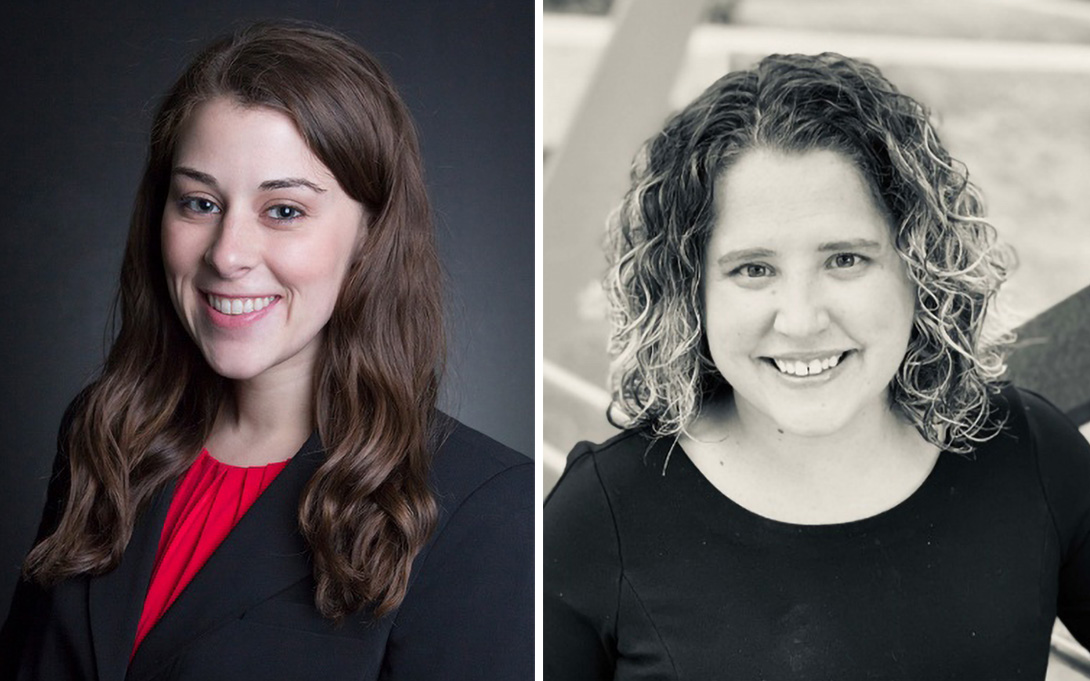
“We have great data in Iowa, and we are always interested in working with graduate students to probe it and see what we can learn.” That was an invitation from Meghan Oster (PhD ‘21), who was already working at Iowa College Aid, the state’s coordinating agency for all tuition assistance programs, when she returned to lead a weekly seminar as part of the Causal Inference in Education Research Seminar (CIERS) series.
That perked the interest of IES predoctoral fellow Kristen Cummings.
“Anyone you know who might be interested, please reach out,” Oster cajoled.
For Cummings, who had previously worked on a research partnership with an agency in Tennessee, the prospect of direct contact and working with administrative data was appealing.
“She was very interested in partnering and gave me a lot of latitude to figure out my focus. After conversations back and forth, we settled on a project that would examine a new, last-dollar scholarship program, the Future Ready Iowa Last-Dollar Scholarship,” Cummings reports.
They decided they wanted to focus on enhancing access to the scholarship for students in rural parts of the state. Cummings undertook a mixed method project which mostly focused on a randomized controlled trial, where she tested whether providing more information about the statewide financial aid program would influence the college-going behavior of rural high school students. To help contextualize the results of the experiment, she also conducted focus groups with school counselors working in rural Iowa high schools.
In the fall of 2022, she launched the informational campaign, randomizing the several hundred rural high schools into three groups: Some schools got handouts and posters; some just got the posters; and some got no new materials. She compared the different conditions and also controlled for the previous year’s FAFSA filing as well.
The experience has been positive for both women. Cummings says it was important to establish their relationship before the study, to make sure it would have mutual benefit. “It's been a really positive experience working with Meghan and having a strong advocate on my side. There can be some hesitation with education agencies to have external evaluators getting their data,” she says.
“As a financial aid researcher, we know that the easier that you make it and the fewer restrictions that you put on it, the more likely people are to take it up,” Oster notes. “We needed to have a marketing nudge campaign and that’s what Kristen’s randomized control trial gave us.”
Now they are evaluating the results. Cummings feels the partnership worked well, because the information they gathered can be applied to future marketing campaigns.
“I appreciate that the intervention we created is something that could be reasonable to improve upon and use in future years, rather than it being something created only for a research study and not realistic or affordable for the state to implement in future years. Having regular check-ins with Meghan and the team ensured what I was doing reflected the reality on the ground and what could be adjusted in the future,” she says.